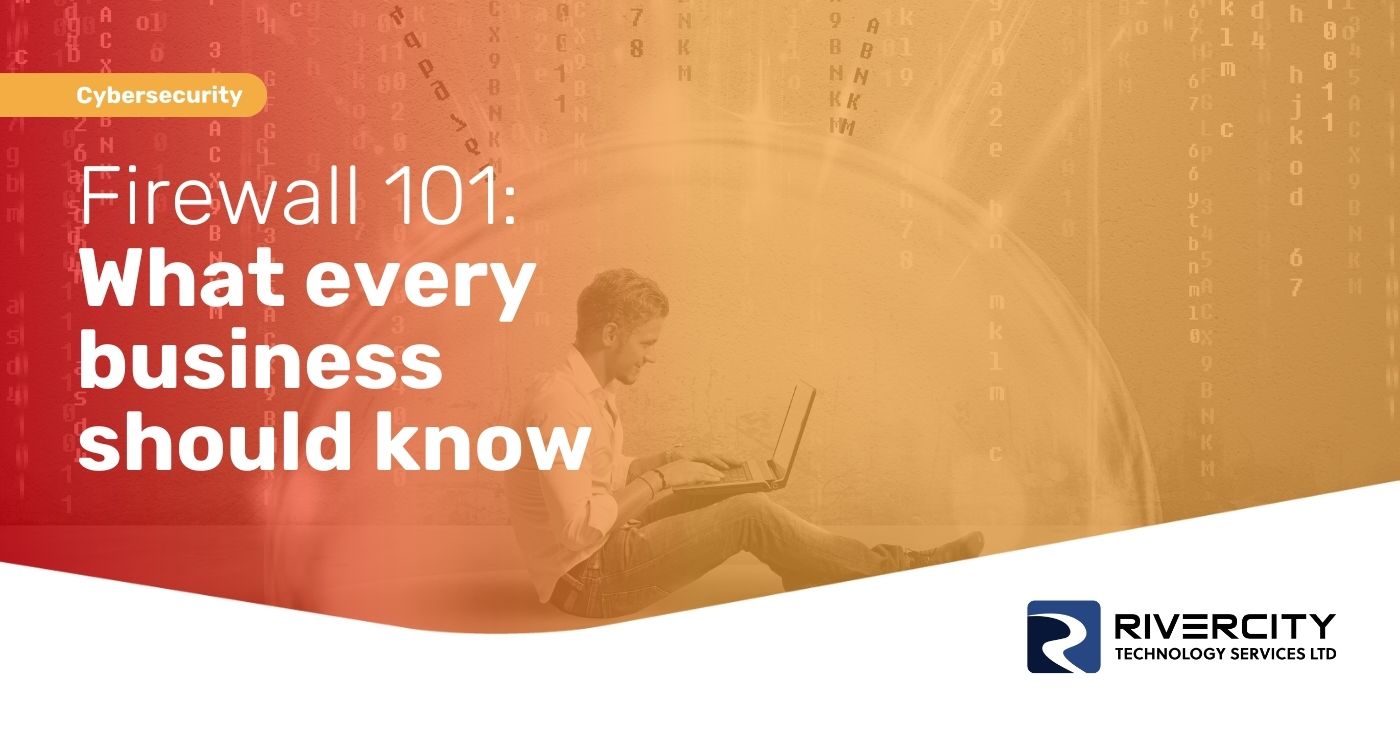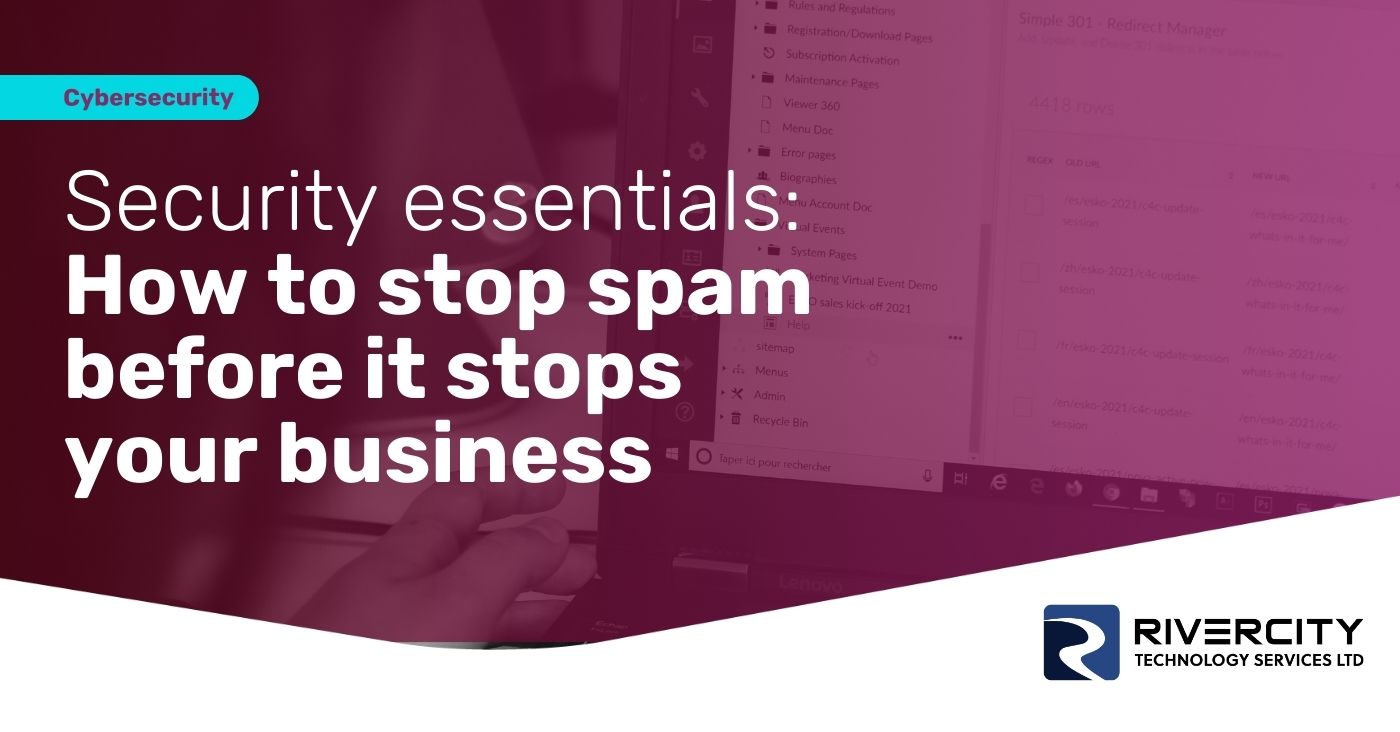Data is the lifeblood of your business.
That might sound dramatic but think about it for just a moment. It’s everything from customer profiles and financial transactions to confidential business plans and intellectual property.
Realistically, your success and reputation hinge on how well you protect your data.
Why does it need protecting? Every day, your employees access and share sensitive information across various devices and networks. And while this connectivity boosts productivity, it also exposes you to bad people with a common goal: They want to steal as much of that data as possible.
That’s where encryption comes into play.
Imagine your data as a treasure chest hidden in a closet. You can’t just leave it there without any protection and expect it to stay safe. Encryption is the lock on that chest, and only those with the right key can access its contents.
At its core, encryption is the process of converting your data into a scrambled, unreadable format. This transformation happens using complex mathematical algorithms, rendering your information useless to anyone without the decryption key. It’s like writing a secret message in a code that only you and your intended recipient can understand.
Encryption should be a non-negotiable part of your business’s data security strategy. Here’s why…
Data privacy compliance
Regulatory bodies like HIPAA require businesses to protect sensitive customer and employee data. Failure to do so can lead to hefty fines and legal repercussions. Encryption helps you stay on the right side of the law by ensuring data privacy.
Safeguarding reputation
A data breach or leak can irreparably tarnish your brand’s reputation. Customers and partners trust you to keep their information secure. Encryption is a visible sign of your commitment to safeguarding their data.
Mitigating insider threats
Unfortunately, not all threats come from external sources. Sometimes, it’s an employee’s lost laptop or a disgruntled staff member looking to cause harm. Encryption acts as a safety net, ensuring that even if a device falls into the wrong hands, your data remains protected.
Preventing unauthorized access
Cybercriminals are constantly probing for vulnerabilities in your network and devices. Encryption acts as a barrier, making it incredibly challenging for them to make sense of any stolen data.
Business continuity
In the face of a data breach or cyber attack, the ability to recover quickly and minimize damage is crucial. Encryption ensures that even if an incident occurs, the data itself remains secure, allowing you to focus on recovery rather than damage control.
The cost of neglecting encryption
As the saying goes, “You don’t know what you’ve got until it’s gone.” Here are some examples of risks facing all businesses that highlight the importance of encryption in protecting your valuable data.
- Data breaches
- Insider threats
- Lost or stolen devices
- Legal consequences
- Loss of trust
- Operational disruption
- Legal battles
- Recovery costs
How it works
While encryption might seem like a complicated, mystical art, it’s straightforward once you get the hang of it. At its core, encryption is about taking plain, readable data (called plaintext) and transforming it into an unreadable, scrambled format (called ciphertext). This transformation is achieved using mathematical algorithms and a secret key.
Symmetric encryption
In symmetric encryption, the same key is used for both encryption and decryption. It’s like having a single key that can both lock and unlock a door. While it’s efficient and fast, the challenge is securely sharing the key with the recipient. If someone intercepts the key during transmission, your data could still be compromised.
Asymmetric encryption
Asymmetric encryption uses a pair of keys: a public key and a private key. The public key is used for encryption, while the private key is kept secret for decryption. It’s like having a padlock with one key that everyone can use to lock a box, but only you have the key to unlock it. This approach is more secure for sharing encrypted data, as you don’t need to exchange a secret key.
When you want to send someone encrypted data, here’s how it typically goes:
- Your recipient generates a pair of keys – a public key (which they share with you and the world) and a private key (which they keep secret).
- You use their public key to encrypt the data you want to send.
- You send the encrypted data to your recipient.
- Your recipient uses their private key to decrypt the data and read your message.
Encryption for your business
When it comes to encryption, you have several tools and technologies at your disposal. Here are some key considerations:
- File and folder encryption
- Email encryption
- Full disk encryption
- Cloud storage encryption
- Communication encryption
Choosing the right encryption standard
In the world of encryption, several standards and algorithms have been developed to safeguard data. Selecting the right encryption standard depends on your specific needs and use cases. We can help you choose the right standard for your needs, but here are some factors to consider…
- Data sensitivity
- Performance
- Compatibility
- Regulatory compliance
- Usability
- Future-proofing
As with a lot of cyber security, encryption is not a one-and-done task. It’s an ongoing process that requires vigilance and adaptation. If it’s something that needs attention in your business, let us help you get it right first time. Get in touch.






















